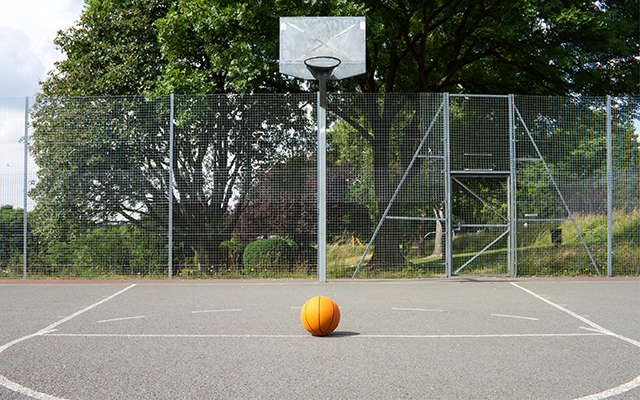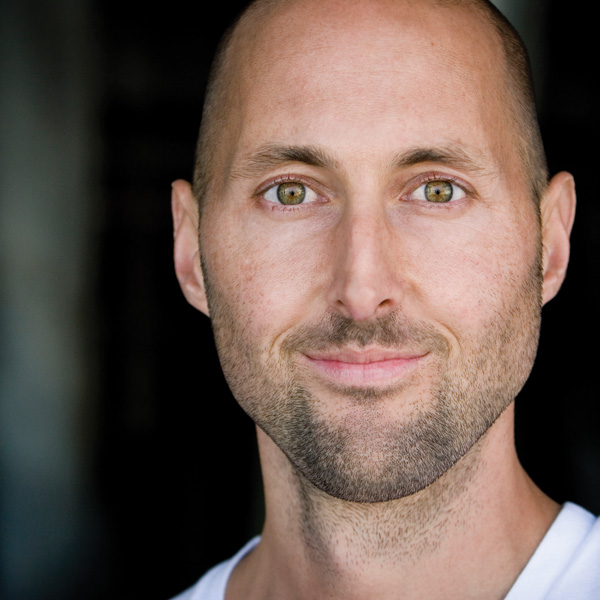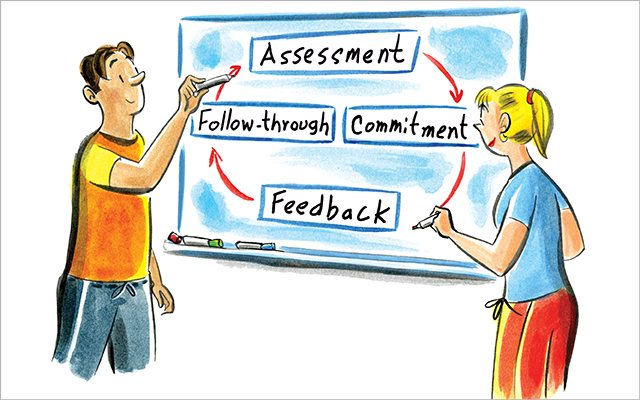Andy Hill was a high school hoops phenom who attended UCLA hoping to be a star on Coach John Wooden’s team. Hill never cracked the starting lineup during his three years with the Bruins, but his team won the NCAA championship each year.
In his book Be Quick — But Don’t Hurry, with contributions by Wooden, Hill shares the lessons he learned while playing for one of the greatest basketball coaches in history. It’s a slam-dunk book, packed with insights on leadership and management that Hill learned from the Wizard of Westwood and that guided his successful business career.
Let’s take a look at some of these keys to success.
Find the Zone
“Be quick — but don’t hurry!” was Coach Wooden’s mantra. Known for their quickness, his teams walked the fine line between moving at the edge of their abilities and staying centered.
It’s that special space where you’re intensely focused and moving quickly without pushing, rushing, getting frantic, or feeling burned out.
Which way do you tend to fall off the razor’s edge — too fast or too slow? What can you optimize to find balance?
Go All Out
Wooden helped his players find that balance by shifting their focus from winning to giving their best effort. His teams were perhaps the best example of letting results (in his case, NCAA championships) be the byproduct of effort.
“I know it’s hard to believe, but Coach never emphasized winning,” Hill writes. “What he talked about was the commitment to playing your hardest. Don’t permit fear of failure to prevent effort. We are all imperfect and will fail on occasion, but fear of failure is the greatest failure of all. If you gave it your best and lost, that was fine. In fact, that was better than winning with a mediocre effort.”
Instead of worrying about wins and losses, Wooden urged his players to improve and to make practice their masterpiece. He believed that progressing in your skills and knowledge every day was the best way to actually become better — and then to become the best you could be.
Getting a little better day in and day out: That’s what we want to focus on, because full effort equals full success.
How’s your effort? Have you practiced today?
Keep It Simple
Simplicity is tough to practice, but it’s worth the effort. “There was no simpler [basketball] program in America than [at] UCLA in its heyday,” Hill explains. “We had one defense (man-to-man), one out-of-bounds play, a simple high-post offense, and the firm belief that a 15-foot bank shot at the end of a fast break was a fine result.”
Wooden and his players practiced these concepts over and over because it reduced mistakes during games. “In Coach’s words, ‘The more you make things complicated, the more there is to learn. Keep things as simple as you can and you have a chance to do them better. I’d always rather do a few things well,’” Hill writes.
“We learned our lessons so well that when I played in an alumni game nearly 15 years after I graduated, the plays were still completely fresh in my memory!”
Have you complicated your life? What’s one thing you can do to simplify it?
Have a Good Game Plan
Wooden believed simplicity was achieved through preparation. Or, as he was fond of saying, “failing to prepare is preparing to fail.”
“Coach himself was the embodiment of this saying, because he was so thoroughly prepared for every practice he conducted. Coach spent literally hours every day deciding on the drills and sequence for each practice. When practice started and he reached into his pocket for that day’s 3-by-5 card, we knew that his ‘lesson plan’ was already committed to paper,” writes Hill.
“Coach always arrived early for everything, since he knew that to be on time you had to give yourself a cushion. Besides, that way he could check to make sure the balls were in place, the floor was clean, and there would be no unanticipated problems. From how to put on your socks, to how to tie your shoes, to what to wear on the road, Coach made sure that we were fully prepared for everything. In fact, we were so well prepared that Coach made it his goal never to call timeout during the game.”
Wooden spent hours preparing just for practices because practice and effort are the keys to improvement.
How’s your preparation for meeting your goals?
If you haven’t already, take some time to outline your game plan for success. And as you’re writing, remember what Coach Wooden would say: Keep it simple, prepare well, and always give it your best effort.
Watch a Summary of Be Quick — But Don’t Hurry
Optimal Living 101
Explore more profound insights and practical wisdom from leading thinkers by diving into our Optimal Living 101 series.
More About the Authors
Andrew Hill spent five and a half years as president of CBS Productions. He lives in Los Angeles, Calif. John Wooden was an American basketball player and coach. As head coach of the UCLA Bruins, he won 10 NCAA national championships in a 12-year period, including an unprecedented seven in a row.





This Post Has 0 Comments